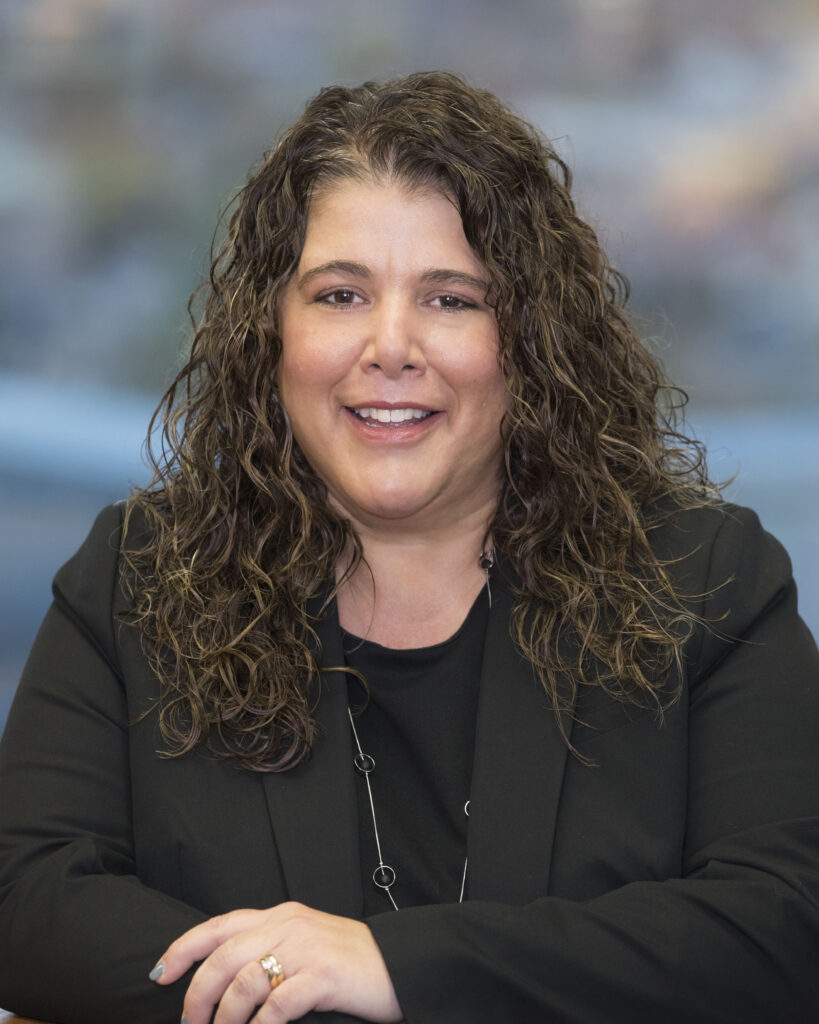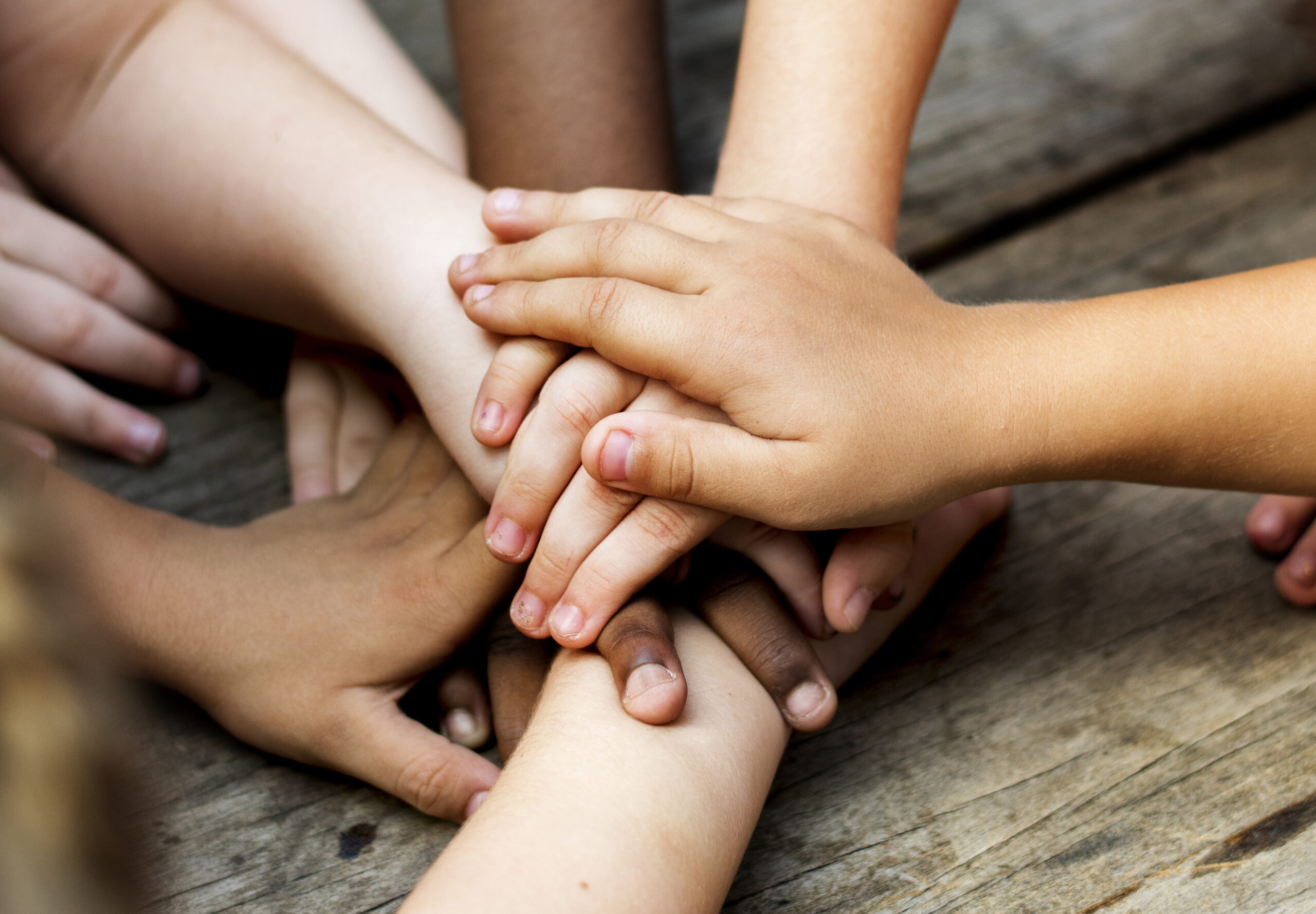With recent tragic incidents of anti-Black racism, and June marking National Indigenous History month and LGBTQ2+ Pride month, the College acknowledges how much work still needs to be done to combat racism and discrimination in our society. As Registered Early Childhood Educators, we have an important role to play. By examining our beliefs and biases, educating ourselves and sharing with others, we can cultivate learning environments that are inclusive, equitable and culturally responsive.
The College will be publishing its Practice Guideline on Diversity and Culture in the coming weeks, which was developed collaboratively with RECEs who have a range of identities and unique lived experiences. The Code of Ethics and Standards of Practice (Code and Standards) outlines the responsibilities of RECEs and reflect the profession’s core set of values: care, respect, trust and integrity. We know that RECEs may be thinking about their role and wanted to give you a sneak peek into this upcoming resource.
Beliefs and biases: acknowledge, reflect, address
Beliefs and biases can influence the way we view and talk about social differences in both conscious and unconscious ways. Beliefs can also influence how we design the learning environment and select learning materials. Without considering the ways dominant beliefs and biases can influence professional decisions, RECEs may inadvertently perpetuate norms and stereotypes that exclude or harm others.
RECEs should consider their beliefs and biases and think about how they might be affecting practice. We can ask ourselves:
- How do my culture and lived experiences influence my beliefs?
- What assumptions do I make about someone based on race or ethnicity, socioeconomic status, family structure, language, religious or spiritual practices?
- In what way might my beliefs and assumptions negatively affect my professional practice and any member(s) of the learning community?
Critical reflection requires us to consider and challenge beliefs, biases and assumptions that frame how we view and respond to children and shape their learning experiences. This is an active, ongoing process that requires us to engage with difficult concepts, tensions and uncertainties; it requires us to have the courage to do the work and change our practice as a result.
Embracing and incorporating different ways of knowing and being into practice
The term cultural humility describes our professional commitment to lifelong learning about the social and historical contexts of diverse cultures and peoples. It involves respectfully acknowledging ourselves as learners when it comes to understanding the experiences of others, and continually reflecting on our experiences with children, families and colleagues.
As RECEs, we play a vital role in the lives of children and families. Early learning and care settings are often children’s first communities beyond families; so we have a unique opportunity to advance inclusion and equity in our practice settings. Once we begin to recognize the subtle ideas and practices that privilege some and are unfair to others, and commit ourselves to critical reflection and ongoing learning, we can work toward creating equitable environments in informed and practical ways.
As educators, we are called to honour the social, cultural and linguistic diversity in the learning environment and take each child’s background and experiences into account when designing learning activities and experiences. Inclusive spaces are ones where a variety of cultural groups and communities are represented in the environment in authentic ways. In these environments, children develop a sense of belonging, an appreciation of diversity and an awareness of the importance of equity, equality, fairness, tolerance, respect and justice.
Relationships are at the heart of practice. We build culturally responsive relationships by becoming aware of what makes people and communities unique, and by respectfully learning about the experiences and perspectives of children, families and colleagues. Open, respectful communication is critical; we have a responsibility to critically reflect with colleagues and communities of practice on topics related to social justice, equity, diversity and inclusion.
As professionals committed to the development and well-being of children, we’re able to use our voices to honour human rights and create equitable and inclusive experiences for all children.
Sincerely,

Stacey Lepine RECE, Council President
Resources for ongoing learning
National Association for the Education of Young Children
Child Care Exchange: Our Children, Our Workforce – Why we must talk about race and racism in early childhood education
CMAS: external resources list (CMAS works with newcomer families to Canada)
Resources for Early Learning – Celebrate Differences in Others module
Truth and Reconciliation Commission of Canada
Atkinson Centre for Society and Child Development – Building Bridges: Queer Families in Early Childhood Education
National Association for the Education of Young Children: Exploring gender and enacting anti-bias principles

